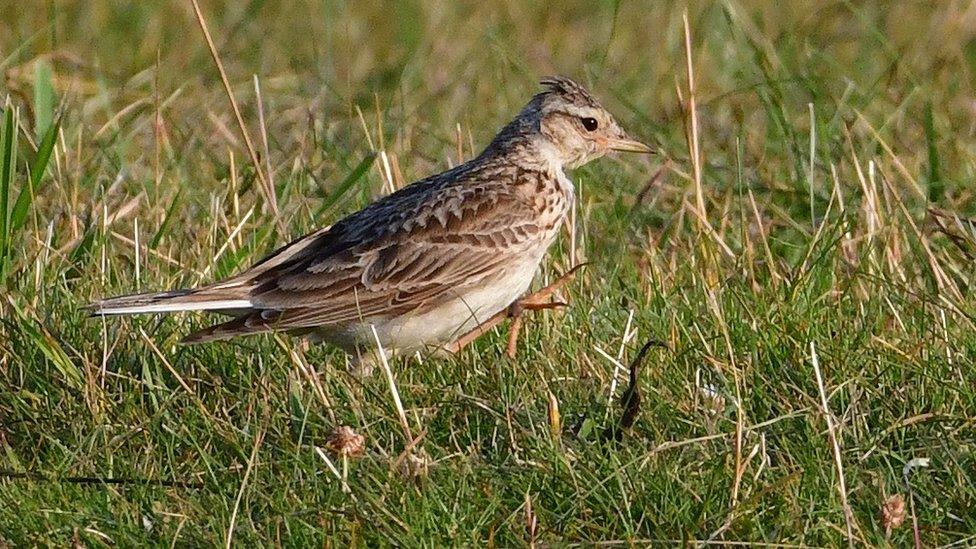Cows to get solar powered drinking troughs
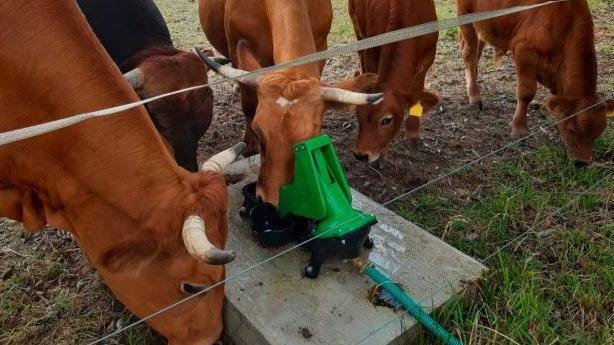
The project aims to prevent a herd of cows from drinking directly from a river
At a glance
Cattle grazing and drinking on an Essex river is causing erosion
Essex Wildlife Trust is fencing off part of the River Colne and introducing solar-powered drinking troughs
It hopes it will also reduce the level of animal waste in the waterway
The trust said it should improve biodiversity and aid a water vole project
- Published
Solar-powered drinking troughs are being introduced for cattle who usually drink straight from a river.
The heavy animals have caused soil erosion on the riverbanks, resulting in sediment entering the water of the River Colne at Colchester, compromising its quality.
The river restoration project at the 74-hectare (182 acre) Cymbeline Meadows site includes fencing to protect the banks and coir rolls to narrow the river.
Colchester city councillor Andrea Luxford Vaughan said: "By implementing innovative solutions and engaging our community, we are taking a significant step toward revitalising this precious eco-system."
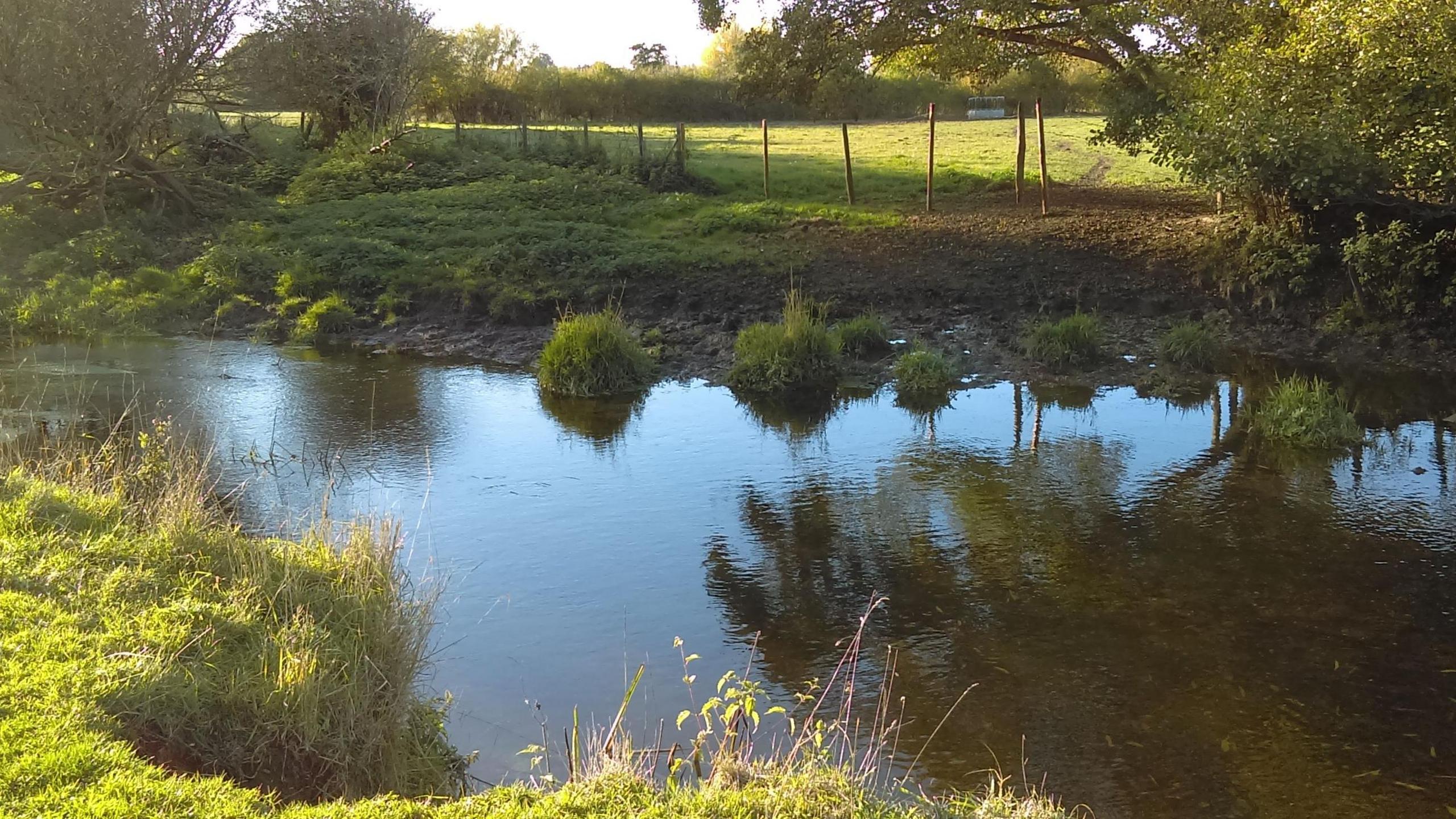
Cattle have eroded the riverbank causing sediment and animal waste to enter the water
The project is a collaboration between the council, which owns the meadow, the Environment Agency and Essex Wildlife Trust (EWT).
The increase in sediment and excessive nutrients from animal waste increases the growth of plants like duckweed in the river.
Coir rolls are sausage-shaped structures made of sustainable materials which are held in place on the river bed using stakes, and have also been used on the trust's saltmarshes, external.
The council hopes its plans will see the meadow "regain its status as a thriving and ecologically-rich area, benefiting the environment, local communities, and water users downstream".
Darren Tansley, wilder rivers and protected species manager at EWT, said: “By restoring the river channel and protecting the banks this partnership project is providing fantastic habitat for water voles, which were reintroduced to the river in 2010.”
Follow East of England news on Facebook, external, Instagram, external and X, external. Got a story? Email eastofenglandnews@bbc.co.uk, external or WhatsApp us on 0800 169 1830
Related topics
More on the Essex Wildlife Trust
- Published4 October 2023

- Published18 December 2021
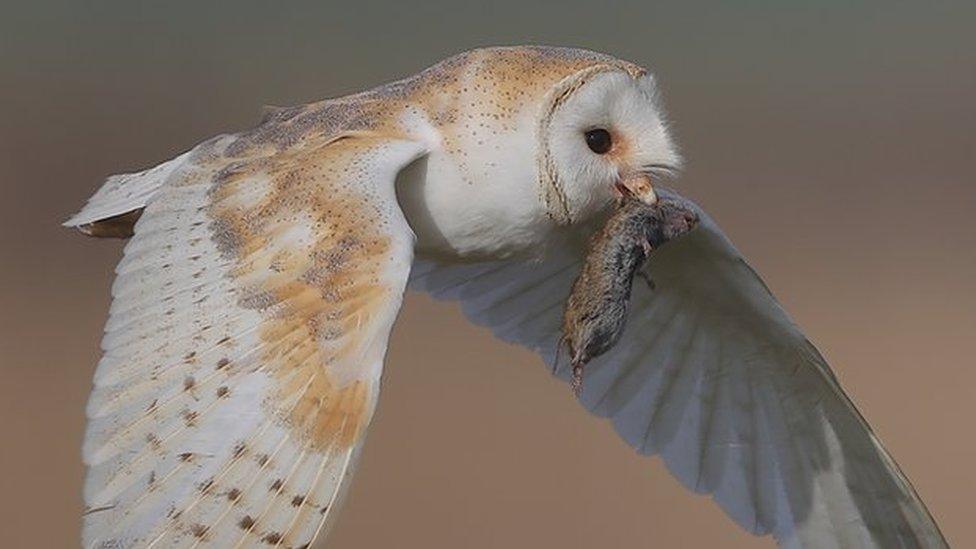
- Published10 November 2021
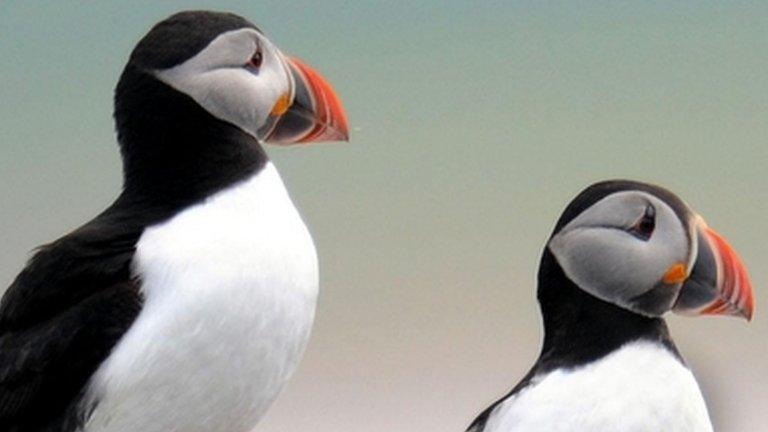
- Published15 December 2021
